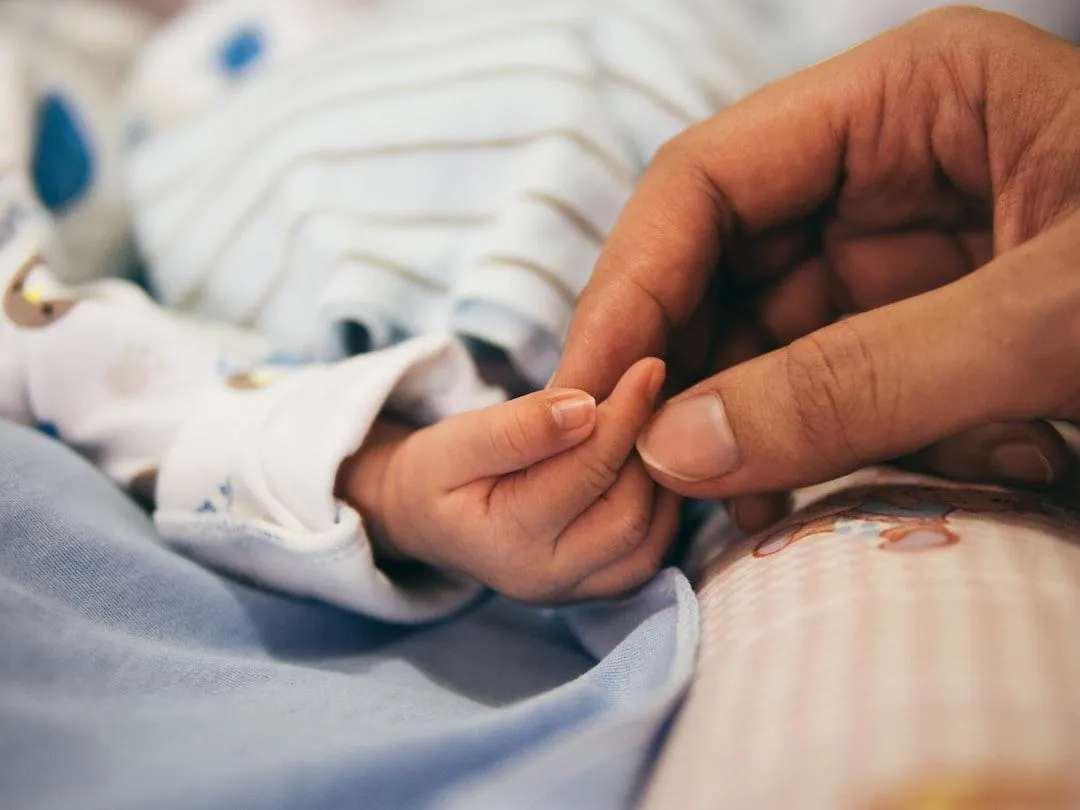
Newborn Sleep - What to Expect (And How to Survive It!)
Feeling sleep-deprived, overwhelmed, or confused by your newborn's sleep patterns? Here’s what to expect in those early weeks and how to support both your baby’s rest and your own wellbeing.
Understanding Newborn Sleep: A Gentle Guide for Tired Parents
Newborn sleep is beautifully messy. It’s unpredictable, ever-changing, and often full of surprises, so if you're wondering, "Is this normal?"... the answer is probably yes.
To help, here’s a warm and realistic guide to the most common questions I get as a baby sleep coach, along with gentle strategies to help you create calm, confidence, and rest (for both of you).
Can I start a bedtime routine with a newborn?
Absolutely - you can start as early as 2 weeks old.
It’s not about rigid schedules. It’s about creating predictable, loving rhythms. A short, calming bedtime routine of 20-30 minutes (bath, massage, feed, cuddle, sleep) gives your baby confidence in what comes next and prevents that dreaded “second wind.”
Think repetition, not perfection.
Does the room need to be pitch black?
Not pitch black, but pretty dark.
Light suppresses melatonin, the hormone that helps us sleep. Blackout blinds or a 7/10 level of darkness in the room can help your baby sleep better, especially for naps and early bedtimes. (Tip: this applies to daytime sleep too, no need to leave the curtains open.)
Why do some babies seem to sleep better than others?
Surprise - it might be down to personality!
More alert or “tuned-in” babies often struggle to switch off. They’re curious, stimulated by everything, and may fight sleep more than those with a calmer temperament. These little firecrackers may need extra help winding down, and that’s OK.
Don’t compare. Support your baby, where they are.
What about naps - should I let them sleep in daylight to teach day vs. night?
It sounds logical, but no - darkness is still best for naps.
Daylight reduces sleep hormone production, and noise or activity can lead to shorter, disrupted naps. Aim for a quiet, dimly lit space whenever possible to help your baby get restorative sleep.
Should I use a dummy (pacifier)?
It’s a personal choice - and there’s no harm in trying if it soothes your baby.
Babies are born with a strong sucking reflex, and a dummy can help calm them or bridge to sleep, especially before 6 months. But not every baby takes to it, and that’s okay too.
The biggest truth? Calmer days = calmer nights.
If the day is chaotic, overstimulating, or full of overtired cues, your baby’s night sleep may be unsettled. Creating moments of calm—quiet feeds, cuddles, connection—can work wonders.
Let’s Talk About You, Too
This part is just as important.
You don’t need to “get it right” every day.
You’re allowed to ask for help (and accept it).
Sleep deprivation is real. Prioritising your own rest and recovery matters.
Accept the messy middle. This phase will pass, and you’ll be stronger for it.
If you can nap, nap. If someone offers food, take it. If you’re drowning, speak up.
Your baby doesn’t need a “perfect parent” - they need a present one. And presence starts with your wellbeing.
Want a Shortcut to Feelng Prepared?
Get my FREE Newborn Essentials Checklist – a beautifully simple guide with everything you need (and nothing you don’t) to support calm, connection and better sleep in the newborn stage.
👉Click here to download your checklist now!
Remember: Baby sleep is a marathon, not a sprint. But you’ve got this, and you’re not alone.
I’m here to support you every sleepy step of the way. 💛

